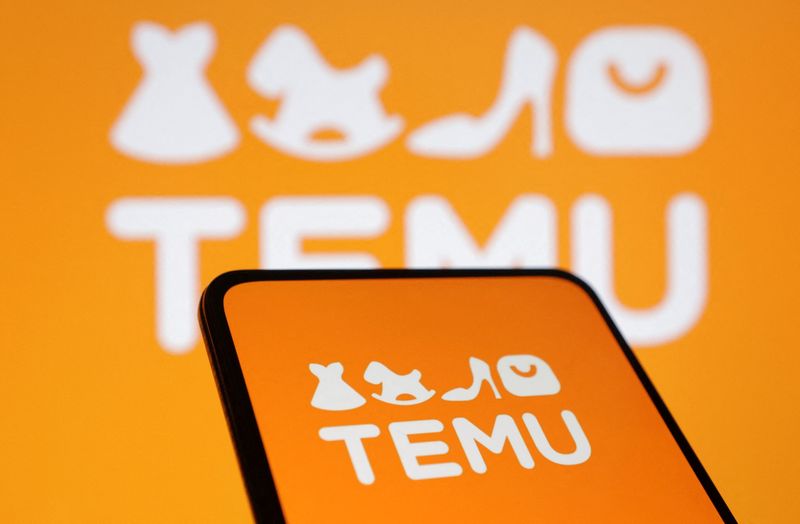
After an explosive rise in 2023, Temu, the discount e-commerce platform owned by Chinese tech giant Pinduoduo, is now seeing a slowdown in its U.S. growth. Bank of America (BofA) analysts recently highlighted that Temu’s year-over-year sales growth in the U.S. decelerated to 37% in August 2024, a significant drop from the 99% growth in the second quarter of 2023. The decline became more evident compared to the previous month, where the growth rate was 45%.
Temu had experienced rapid expansion in 2023, thanks to its aggressive pricing strategy and efforts to undercut competitors like Amazon. However, the platform now faces challenging year-over-year comparisons, and its market share seems to have plateaued at around 3% of Amazon’s U.S. market share through the first seven months of 2024. There was a modest increase of 40 basis points in August, bringing Temu’s share to 3.4%, but this was accompanied by a decline in daily active users (DAUs), which dropped 17% during the same period.
BofA attributes this slowdown to market saturation and increasing competition, with Temu struggling to maintain its momentum. Additionally, Pinduoduo has acknowledged that its earlier rapid revenue growth may not be sustainable, citing the company’s transition toward emphasizing product quality over rock-bottom pricing. This shift, along with global competitive pressures, poses new challenges for the e-commerce platform.
Although the slowdown may have limited immediate impact on the broader e-commerce market, it could affect online advertisers such as Meta. A slowdown in advertising spend from Chinese platforms like Temu and Shein could create slight headwinds, particularly since Chinese companies contribute about 10% of Meta’s ad revenue.
This shift in Temu’s growth trajectory reflects the evolving dynamics of the U.S. e-commerce market, where consumers and companies are both recalibrating after the surge in digital shopping during and post-pandemic.





